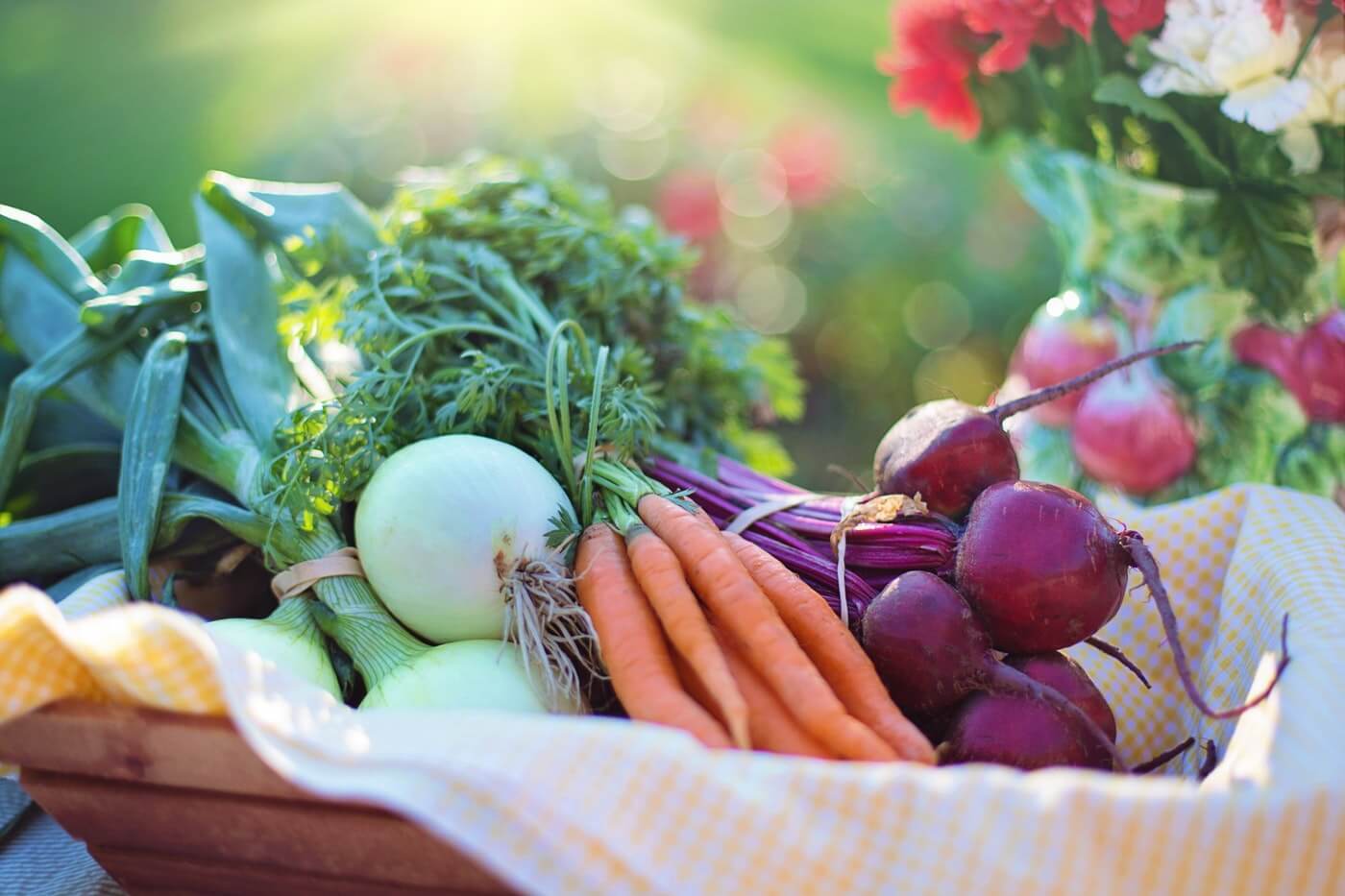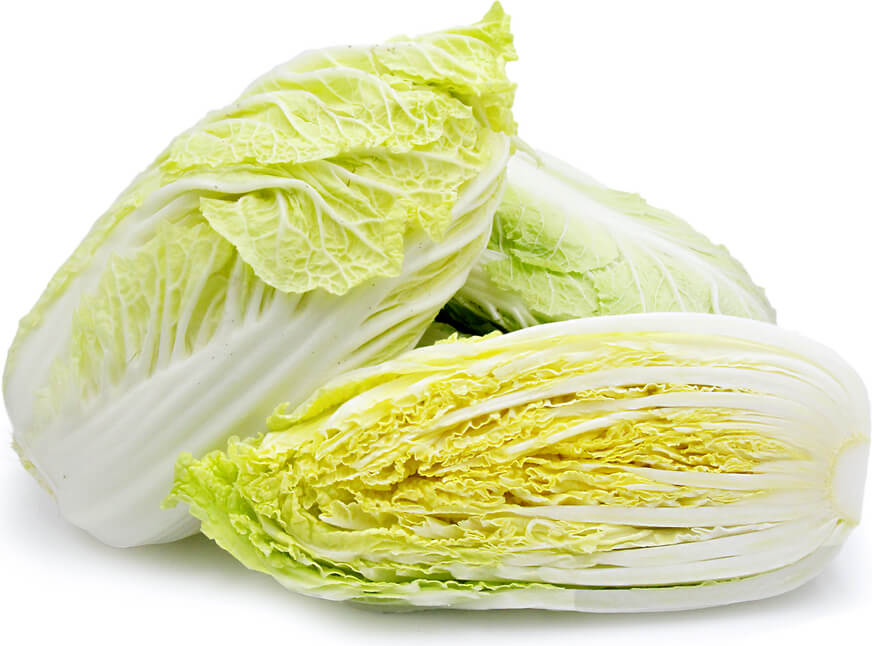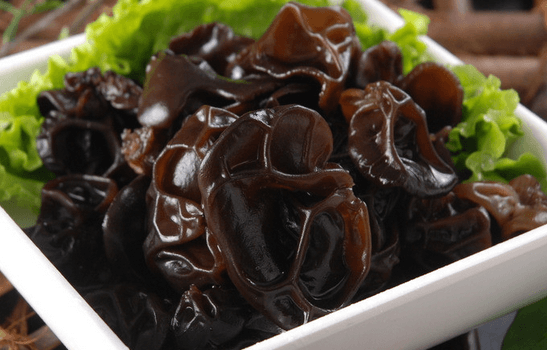
‘Healthy food supplements in winter’, a Chinese folk wisdom, refers to strengthening one's health with nourishing food in winter. People often follow a vegetarian diet instead of meat, such as beef, or fish, because vegetables can supply certain nutriments we need to nourish the body and prevent sickness in the cold winter.
1. Potatoes
Potatoes, known in winter as superior tonics, grow in the soil without pesticide residues and contain rich nutrition that nourishes the stomach, strengthens immunity, relieves inflammation and stimulates blood circulation to eliminate lumps in the blood vessels. People who have indigestion, habitual constipation, chronic stomach ache, joint pain, and eczema may use potato in their diets, such as potato soup, mashed potatoes, or other potato dishes.
2. Carrots
Carrots are referred to as ‘small ginseng’ because they have the same function as ginseng, which can reduce blood fat, soften blood vessels, stabilise blood pressure and prevent diseases like coronary heart disease (CHD), arteriosclerosis, cholelithiasis and so on.
Chinese people always steam carrots with honey, which can nourish the lungs, relieve a cough and remove mucus. If you have unknown nausea, vomiting, and, bloating, try drinking carrot juice that can relieve these symptoms. Otherwise, carrot soup helps to strengthen the spleen and promote digestion.
3. Soybeans
Soybeans, with 40% protein, have similar nutrients to meat. Besides protein, there is a rich content of minerals, trace elements and vitamins in the soybean, which helps elderly or women to slow down blood hardening, reduce blood fat and relieve the symptoms of menopause.
In winter, you can drink soymilk for breakfast and dinner and eat soybean sprout or tofu for lunch.
4. Chinese cabbage
Chinese cabbage, a member of the cabbage family, has a fresh taste and should be cooked with meat as it reduces the carcinogens produced by the meat in the body. Otherwise, cabbage can be stewed, fried, mixed as a side dish or as a filling in dumplings.
Modern medicine finds that cabbage is as valuable as medicine. For example, eating ‘stewed cabbage with tofu’ and ‘cabbage juice porridge’ in winter helps women prevent breast cancer.
 (Chinese cabbage or napa cabbage)
(Chinese cabbage or napa cabbage)
5. Chestnuts
Chestnuts are not only a kind of nut but also vegetables. In winter, people always cook porridge or stew food with chestnuts such as japonica rice chestnut porridge. The multiple nutrients in chestnuts can nourish the stomach and spleen, tonify the kidneys and invigorate the blood. If children have a poor appetite and low immunity, taking japonica rice chestnut porridge can help build a strong body.
6. Black fungus
An important ingredient of soup and food, black fungus is beneficial for people who have coronary heart disease, anaemia, insomnia, chronic gastritis, and high blood pressure. In winter, drinking ‘quail eggs and black fungus soup’ or eating ‘Chinese cabbage cooked with black fungus’ helps to improve immunity and the self-healing capacity as well as preventing cancer. Moreover, the iron element in black fungus can refresh facial skin and get rid of iron deficiency anaemia for women.

(Black fungus)
